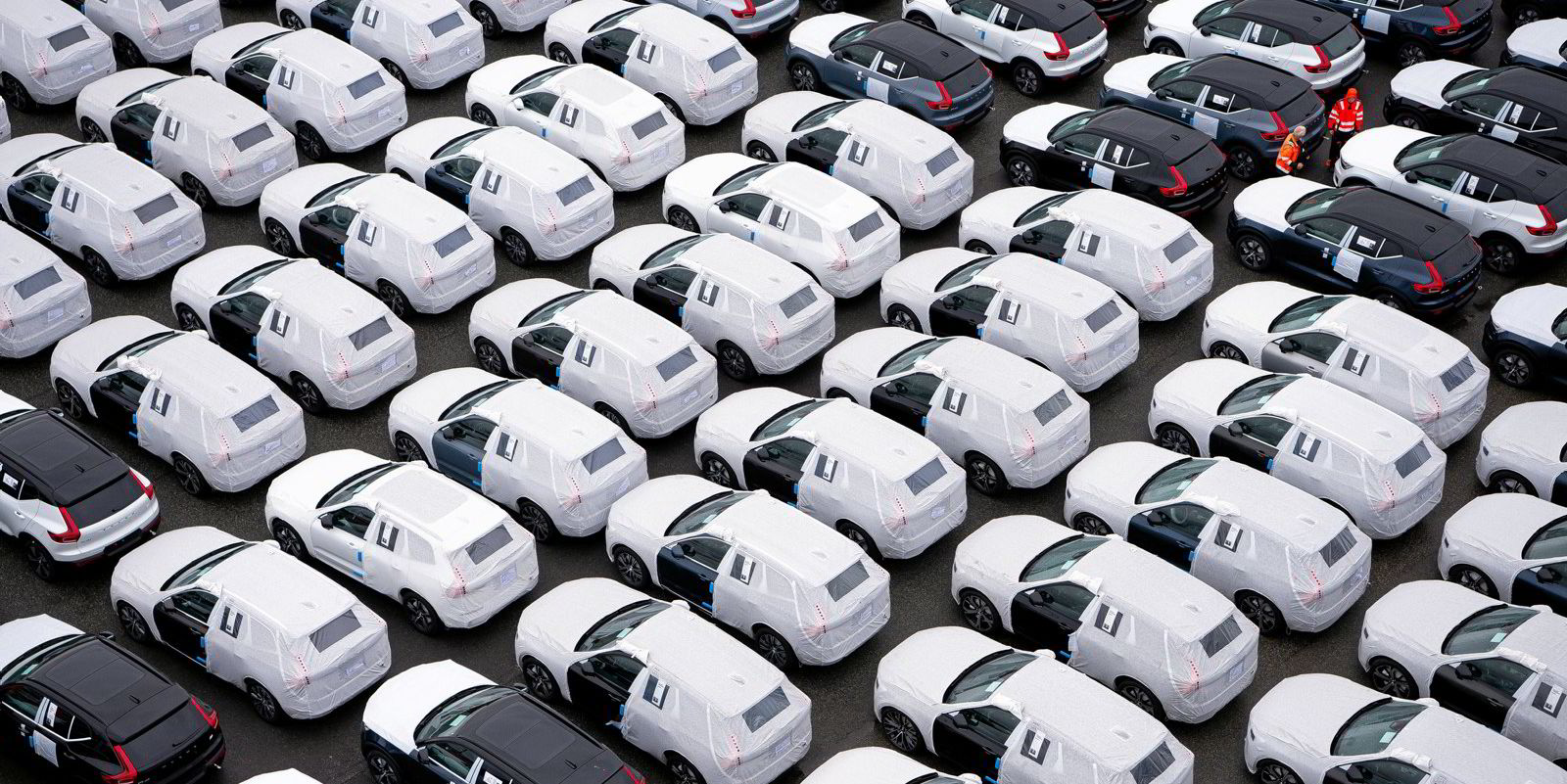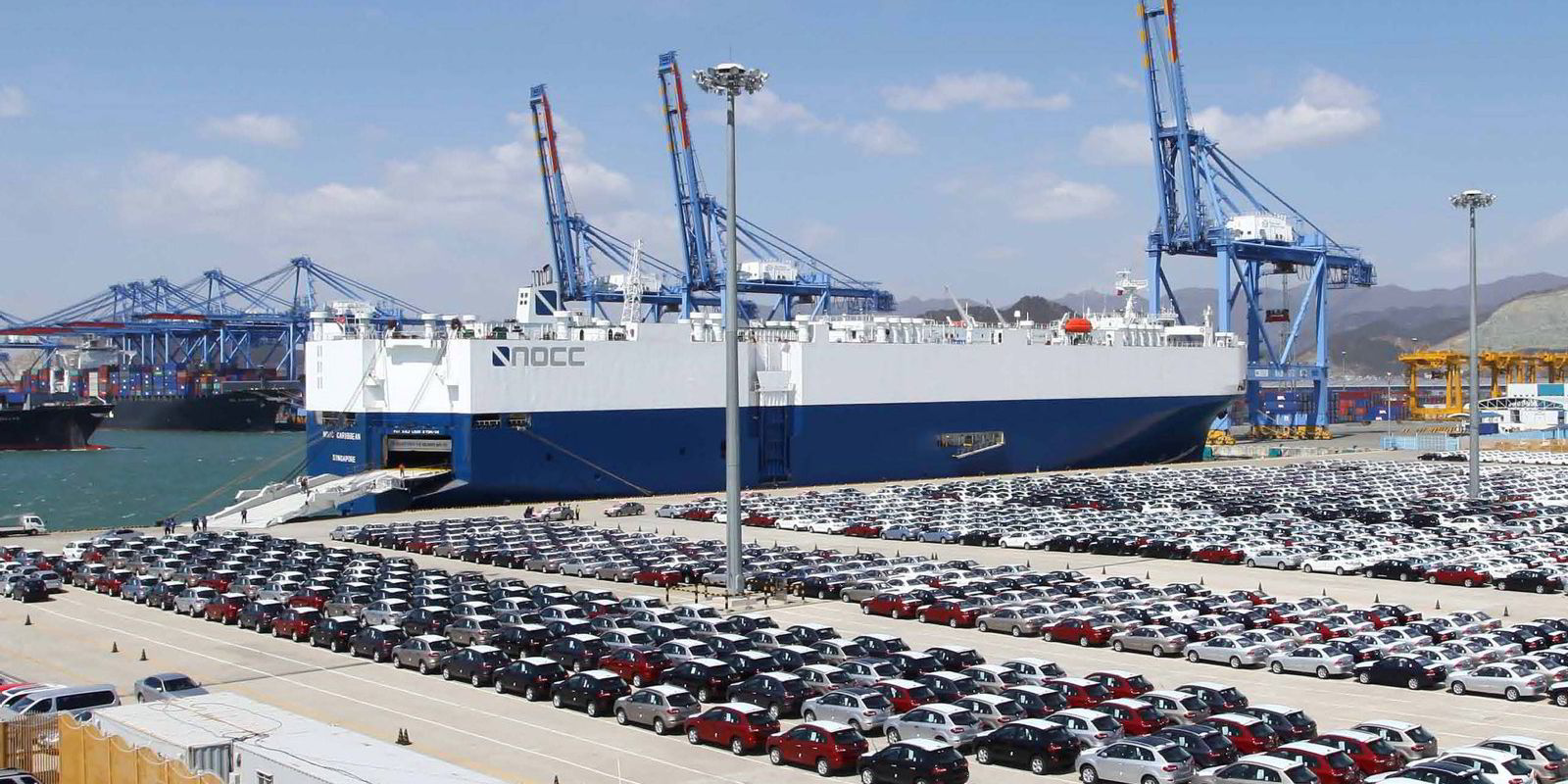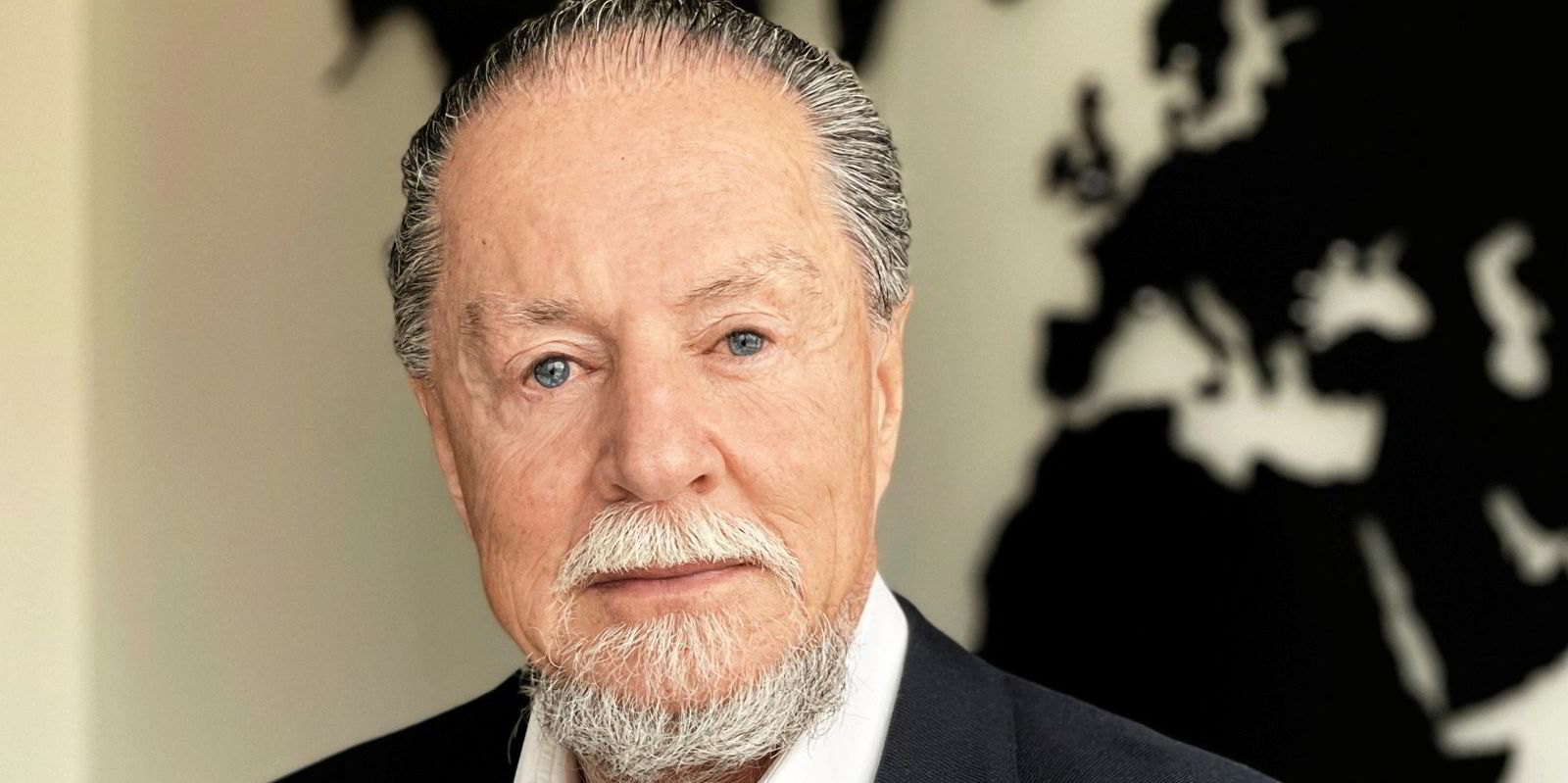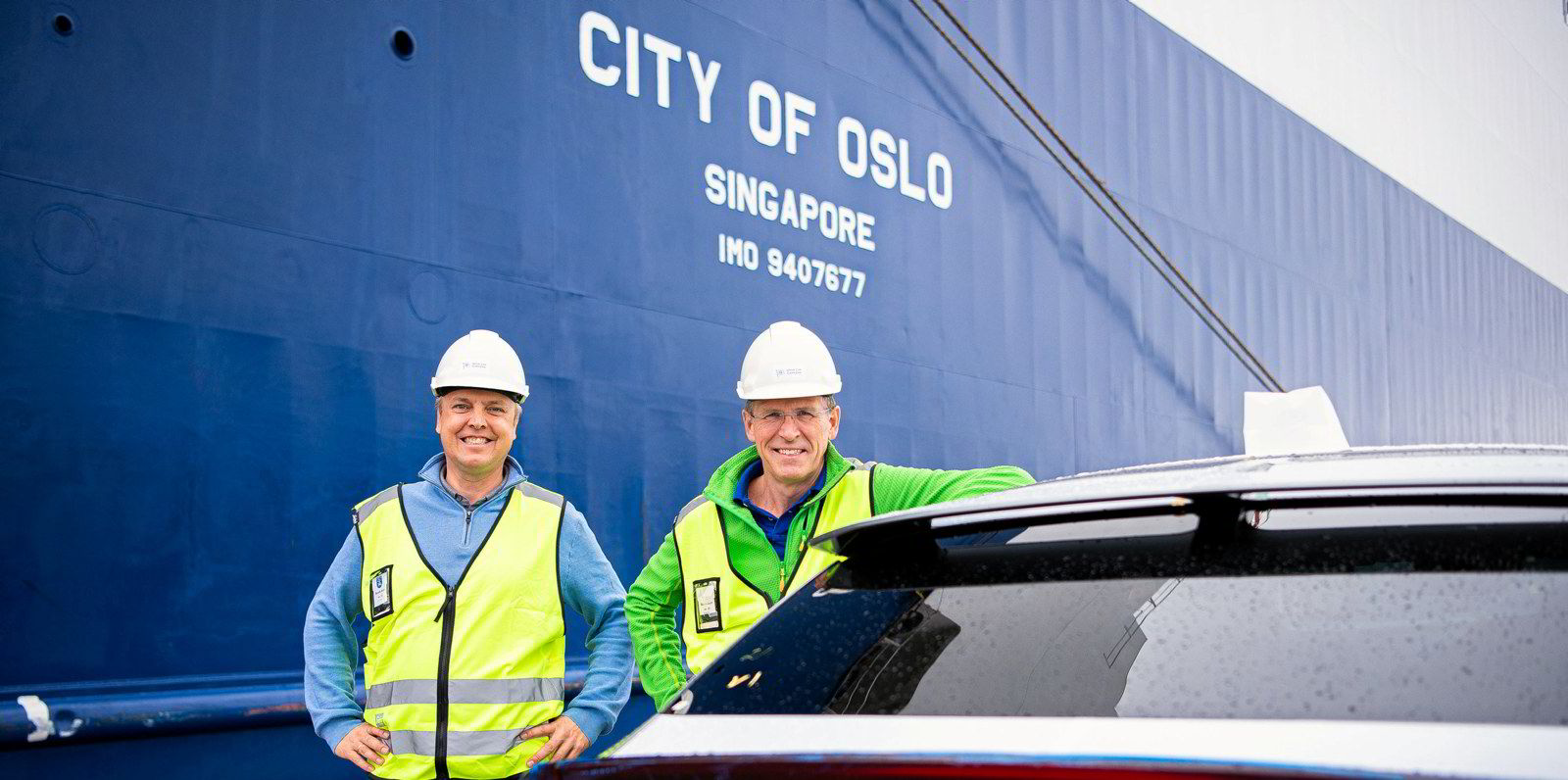Privately-owned tonnage provider Norwegian Car Carriers (NOCC) has locked in two vessels on term time charters with Eukor and Zim.
That leaves the company's reduced fleet fully employed for a long time to come, with management devoting its time to cautiously exploring possible newbuilding deals backed by long-term employment.
The charters come after a year in which NOCC reduced its fleet from seven vessels to four, and leaves the company with no open tonnage for a long time to come in a market that chief executive Olav Sollie expects to tighten.
"There are no open vessels in the market now and few coming open in the next few months," he said. "All vessels are employed."
But Sollie does not regret locking in the ships.
"It finally looks like the market is recovering with rates at sustainable levels, so our two shareholders are happy with what we have done," he told TradeWinds. "We are a smaller company now, but we are profitable."
JP Morgan Global Maritime Investment Fund and Tom Erik Klaveness-controlled Klaveness Marine are 50:50 shareholders in NOCC.
Sollie did not comment on the new charter rates, but car carrier market sources told TradeWinds that the 6,754-ceu NOCC Atlantic (built 2009) will go on charter to Eukor at a rate of $30,800 per day for five years, while the 6,500-ceu NOCC Oceanic (built 2012) goes to Zim for $30,800 per day, also for five years. Oslo business daily Finansavisen has also reported the charters.
The NOCC Atlantic is currently with Wallenius Wilhelmsen and the NOCC Oceanic with Hyundai Glovis.
The company's two remaining ships — the 6,500-ceu Liberty Passion and Liberty Peace (both built 2017) — are on bareboat charter to US-flag specialist Liberty Global Logistics in what are essentially financial arrangements, and are not expected to come on the market anytime soon.
"They come off charter in another year or two but with options in favour of Liberty, and the expectation is that they will continue to be renewed," said Sollie.
This year, NOCC sold its three oldest ships — the 5,380-ceu NOCC Kattegatt (built 2004) in January, the 6,340-ceu Glovis Companion (built 2010) in April and the 6,400-ceu Asian King (built 1998) in June — for about $64m.
Sollie described the sales as an exercise in "balance-sheet management" but was not willing to comment on the reported prices.
But TradeWinds understands that the sale of the Asian King for around $22m has been incorrectly reported at €22m. The disposal of the NOCC Kattegatt has been reported at $10m and the Glovis Companion at $32m.
Sollie admitted that the sales came at a time when the market was already improving after years of ship oversupply.
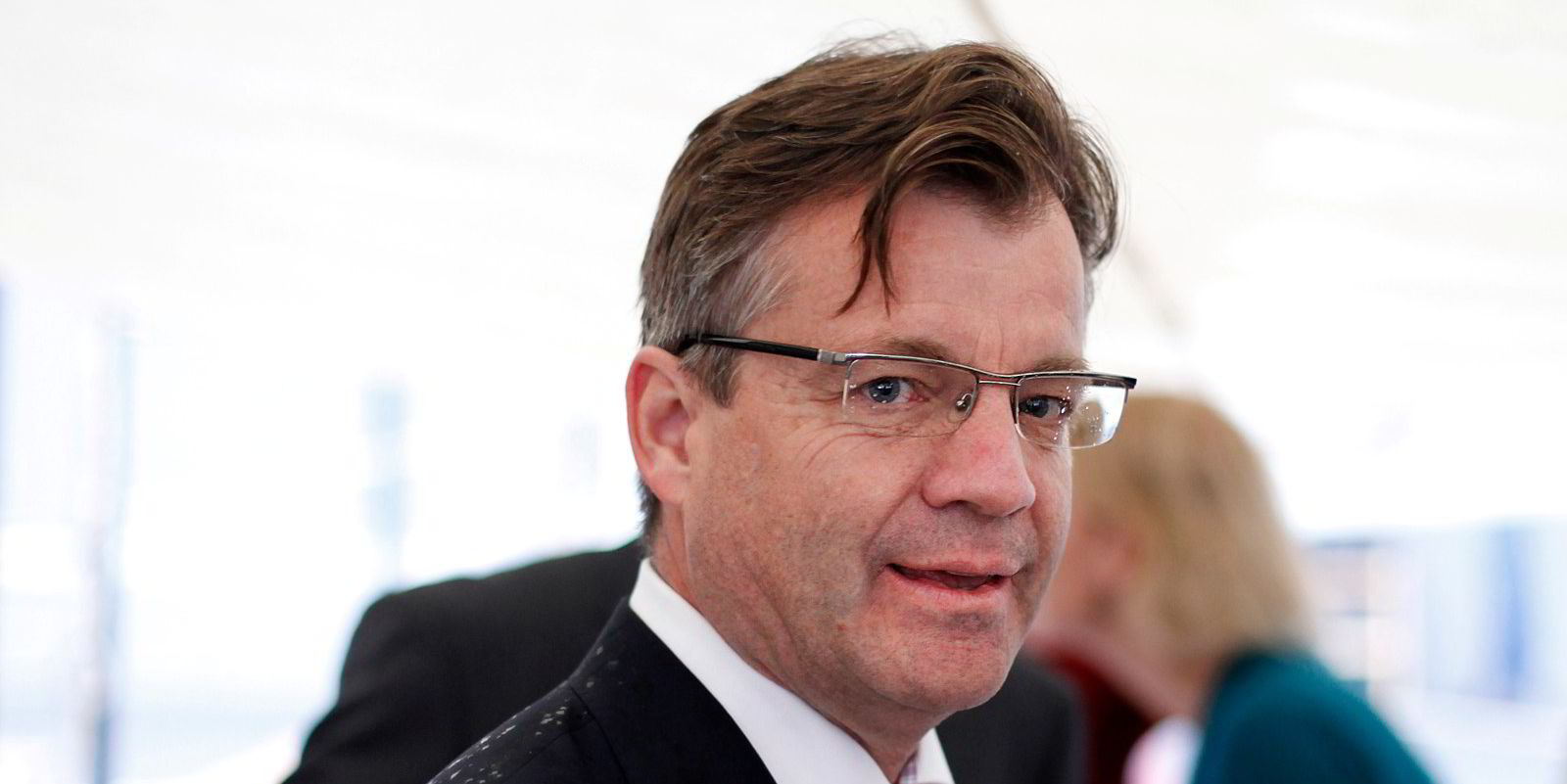
"The positive development started already in the fourth quarter of 2020 and accelerated this year," he said.
"The volumes being transported have not increased all that much, but there are so many inefficiencies in the trade, and also there has been so much scrapping during the Covid years.
"At almost any point over the last few years, the car carrier market has had excess capacity of 20 to 30 ships, but after the recycling the fleet is more or less balanced."
With demand now returning and the orderbook "almost empty" for the next couple of years, Sollie is now expecting an "underbalanced market".
Nor does he expect the wave of new orders will bring back excess capacity when they start rolling out, mostly starting in 2024 and 2025.
"We do not think that will happen," he said. "There is a lot of older existing capacity that will disappear for regulatory reasons. The current orderbook does not cover capacity demand for car carriers."
Like its Oslo neighbour Gram Car Carriers, NOCC has held back from the crowd of pure car/truck carrierowners who have ordered dual-fuel newbuildings this year. Sollie blamed that on a reluctance about choosing the right fuel technology for an investment that is supposed to last for 30 years.
"It's an interesting and challenging time in the market with regard to new technologies," Sollie said. "We don't have any definite newbuilding plans just now but we have been in discussions for orders for dual-fuel ships backed by long-term employment."
But he does not expect NOCC to place any such order by the end of this year.
